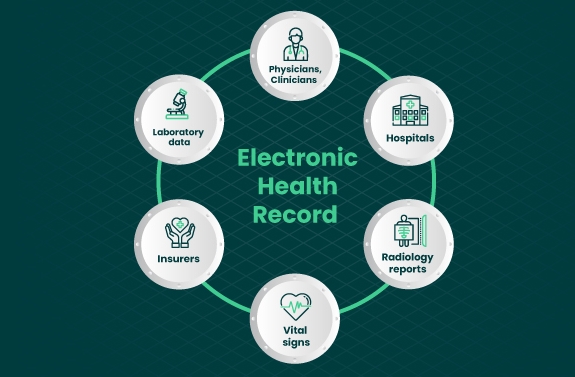Navigating the Digital Shift: The Evolution of EHR in Healthcare
Gone are the days of paper-based medical records – electronic health records (EHR) have revolutionized the way healthcare providers manage patient information.
Simplifying Data Management
EHR systems allow for easy access and sharing of patient information among healthcare professionals, leading to better coordination of care and improved patient outcomes.
Enhancing Communication
With EHR, healthcare teams can communicate seamlessly, ensuring that everyone is on the same page regarding a patient’s health status and treatment plan.
Improving Workflow Efficiency
Electronic health records streamline administrative tasks such as scheduling appointments, billing, and coding, freeing up healthcare providers to focus on patient care.
Ensuring Accuracy and Compliance
EHR systems reduce the risk of errors and ensure that patient information is secure and compliant with privacy laws, such as HIPAA.
Facilitating Remote Care
In an increasingly digital world, EHR systems make it easier for patients to access healthcare services remotely, whether through telemedicine appointments or online portals.
Adapting to Changing Needs
As technology continues to evolve, EHR systems must also adapt to meet the changing needs of healthcare providers and patients, such as integration with wearable devices and artificial intelligence.
In conclusion, electronic health records have become an essential tool in modern healthcare, improving efficiency, communication, and patient care. As the digital shift continues, EHR systems will play an increasingly vital role in shaping the future of healthcare delivery.

